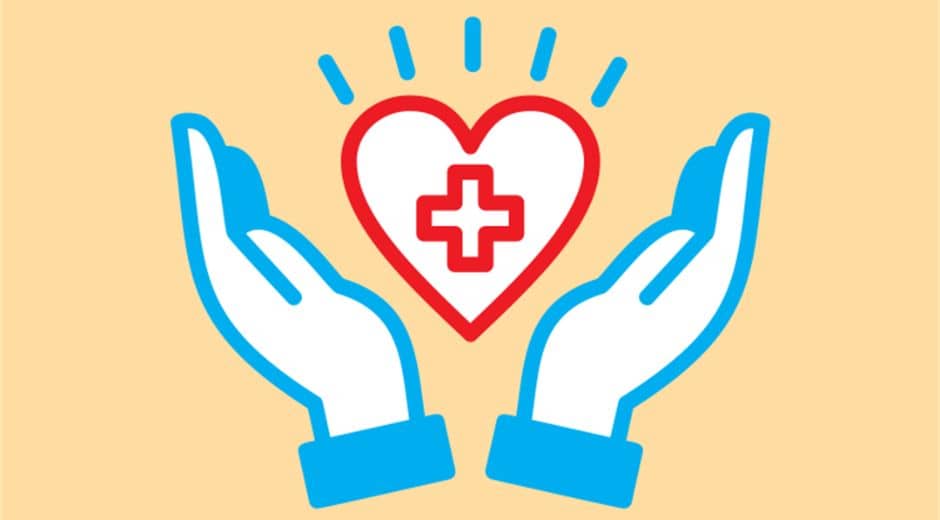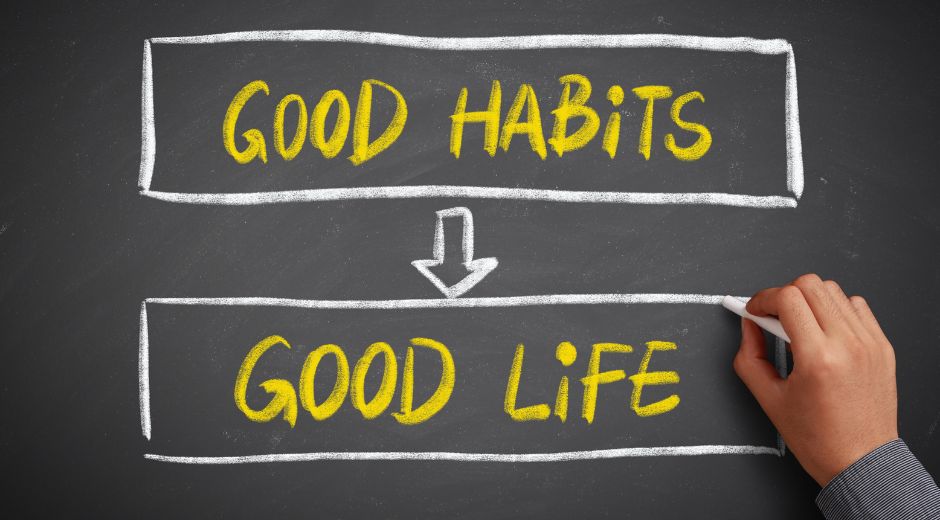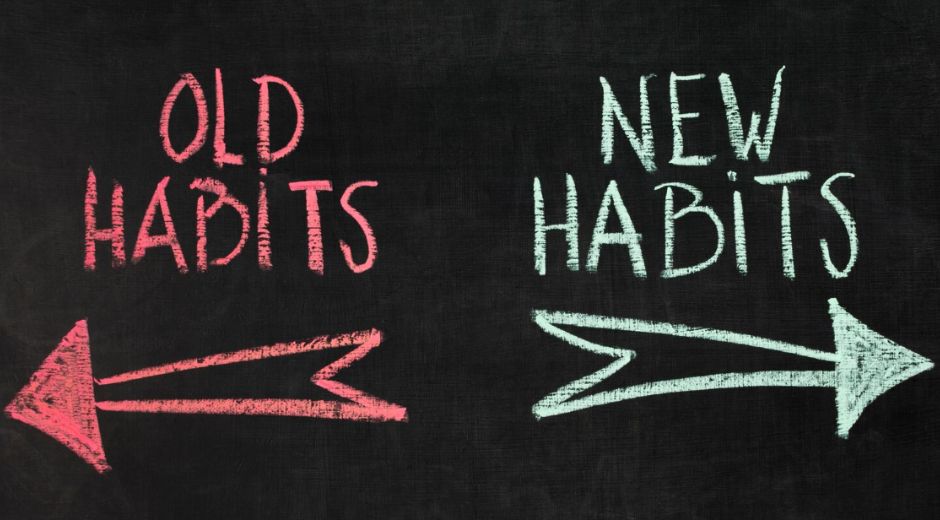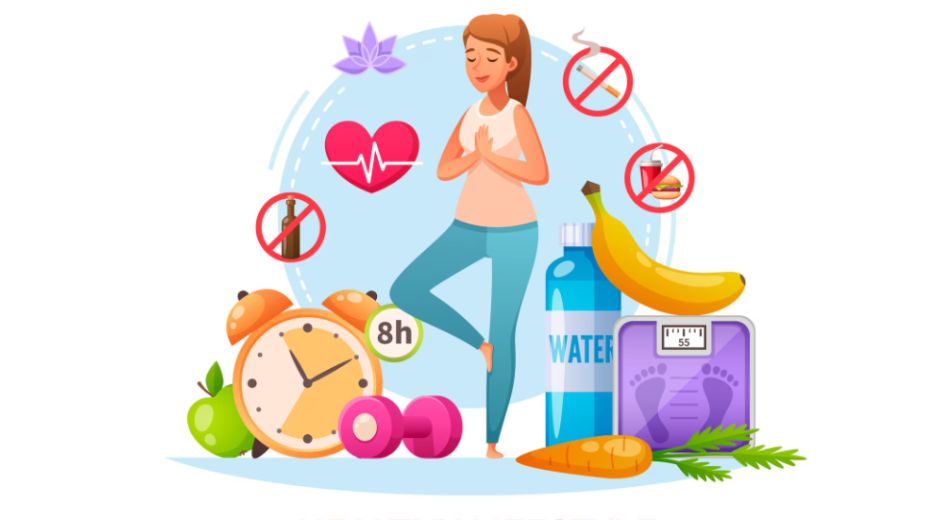Digital Detox Habits: Reclaiming Wellness in a Hyperconnected World
Digital Detox Habits: Reclaiming Wellness in a Hyperconnected World
In today’s hyperconnected society, constant notifications, emails, and social media updates have created an environment where digital overload is commonplace. Digital Detox Habits are practices designed to reduce screen time, restore mental clarity, and enhance overall health. These habits are no longer optional; they are essential tools for maintaining cognitive and emotional well-being in the modern era.
Experts in mental health and wellness have identified that excessive digital exposure can lead to sleep disturbances, anxiety, reduced productivity, and even impaired social relationships. As awareness grows, individuals and organizations are adopting structured strategies to integrate digital detox practices into daily life.
Understanding the Need for Digital Detox
Digital detox involves intentional periods of disconnecting from electronic devices, including smartphones, computers, and televisions. Unlike temporary breaks, effective detox habits focus on creating sustainable routines that prioritize mental health and personal connection.
Psychologists have observed that the human brain requires periods of rest from constant stimulation. Continuous exposure to digital media floods the brain with information, resulting in cognitive fatigue. Forbes highlights that companies encouraging employees to adopt digital detox routines have reported improved focus, creativity, and overall productivity.
Common Digital Detox Practices
Digital detox practices vary in intensity and duration, tailored to individual needs and lifestyles. Some popular strategies include:
Scheduled Screen-Free Hours: Designating specific times each day to avoid digital devices, such as during meals or before bedtime.
Social Media Fast: Limiting or temporarily pausing social media usage to reduce exposure to potentially stressful or addictive content.
Mindful Device Use: Tracking and consciously limiting the time spent on phones, apps, and online platforms.
Nature Immersion: Spending time outdoors or in natural environments without digital devices, promoting relaxation and presence.
These practices aim to create balance, allowing individuals to remain connected to essential technology while reducing the negative impacts of constant digital engagement.
Health Benefits of a Digital Detox
Implementing Digital Detox Habits provides multiple health benefits. Studies show that reduced screen time improves sleep quality, lowers stress hormone levels, and enhances mood regulation. Cognitive function also improves, enabling better decision-making and focus.
In addition, digital detox promotes physical activity. Without the distraction of screens, individuals are more likely to engage in walking, exercise, or recreational activities that contribute to physical well-being. Mental health benefits are particularly pronounced in adolescents and young adults, who are often the most vulnerable to digital overstimulation.
Integrating Mindfulness into Digital Detox
Mindfulness is a critical component of effective digital detox strategies. By cultivating awareness of thoughts, emotions, and bodily sensations, individuals can resist compulsive device use. Meditation, journaling, and focused breathing exercises complement digital detox routines, providing a holistic approach to mental wellness.
Organizations such as TripBeyondTravel.com promote wellness retreats that integrate digital detox with mindfulness practices. These programs emphasize reconnecting with oneself, enhancing creativity, and fostering interpersonal connections without the interference of digital distractions.
Workplace and Productivity Implications
Digital detox is not solely a personal wellness strategy; it has profound implications for workplace productivity and organizational culture. Excessive digital communication, constant email alerts, and multitasking can impair employee performance.
Companies that implement policies promoting device-free meetings, scheduled offline periods, or flexible work arrangements have observed increased engagement and job satisfaction. Newspapersio.com reports that these initiatives contribute to employee retention, innovation, and mental health, ultimately benefiting organizational performance.
Digital Detox and Social Relationships
Another significant advantage of Digital Detox Habits is the enhancement of social relationships. Constant device use can lead to superficial interactions, decreased empathy, and social isolation. By disconnecting from screens, individuals are able to engage more deeply with family, friends, and colleagues.
Face-to-face communication strengthens trust and understanding, and individuals report increased emotional resilience when they intentionally reduce digital distractions. Social rituals, such as device-free dinners or group activities, reinforce these benefits, fostering meaningful connections.
The Role of Travel and Environment
Travel can be a powerful tool for digital detox. Immersive experiences that remove individuals from their usual digital environment allow for deeper engagement with new cultures, nature, and personal reflection. Trip planning that emphasizes unplugged experiences, such as hiking, meditation retreats, or eco-tourism, supports mental restoration.
Programs promoted by TripBeyondTravel.com provide structured itineraries for digital detox, combining adventure, cultural engagement, and wellness practices. These approaches highlight the importance of changing environments to reinforce behavioral change and encourage sustained digital mindfulness.
Technology as a Facilitator of Its Own Detox
Ironically, technology can support digital detox practices. Apps that monitor screen time, limit notifications, or provide mindfulness prompts help individuals develop awareness of their habits. By tracking usage patterns and setting limits, technology becomes a tool to enforce healthier routines rather than a source of continuous stimulation.
Challenges and Barriers
While the benefits of Digital Detox Habits are clear, barriers exist. Many people feel the pressure to remain constantly connected due to work, social expectations, or fear of missing out. Overcoming these challenges requires intentional planning, support, and education.
Psychological research emphasizes gradual reduction rather than abrupt disconnection. Incremental changes, combined with awareness strategies, are more sustainable and effective over the long term.
Lifestyle Integration for Lasting Impact
Successful digital detox requires integrating habits into daily life. Practical strategies include:
Establishing device-free zones at home
Setting daily screen time limits
Scheduling offline hobbies such as reading, cooking, or art
Prioritizing sleep hygiene by avoiding screens before bed
By embedding these habits into routines, individuals develop long-term resilience against digital overstimulation.
Future of Digital Detox
As technology continues to evolve, Digital Detox Habits will remain critical for health and well-being. Emerging trends suggest a growing market for wellness-focused digital tools, retreats, and corporate programs. Organizations are increasingly recognizing that healthy digital engagement is essential for sustaining productivity, creativity, and emotional resilience.
The integration of personal wellness with societal awareness will likely shape future digital behavior norms. Public education campaigns, policy interventions, and technological innovation will support individuals in maintaining balance in an increasingly connected world.
Conclusion
Digital Detox Habits are essential in the modern era, enabling individuals to reclaim control over their mental, emotional, and physical health. By reducing screen time, practicing mindfulness, and engaging with the physical world, people can restore clarity, focus, and connection.
Insights from Forbes, practical travel-based detox approaches from TripBeyondTravel.com, and wellness resources shared on Newspapersio.com highlight how digital detox can be implemented effectively in both personal and professional contexts.
Incorporating these habits promotes balance, enhances social relationships, and supports overall health. With intentional effort and guidance, digital detox becomes not just a practice but a lifestyle, empowering individuals to thrive in a hyperconnected world.
The Pulse of Sport

How Algorithm Governance Is Reshaping Public Policy
How Algorithm Governance Is Reshaping Public Policy

Global Inflation Signals, The Indicators Economists Watch Before Markets Move
Global Inflation Signals, The Indicators Economists Watch Before Markets Move

Smart City Surveillance, Safety Gains and the Privacy Tradeoff
Smart City Surveillance, Safety Gains and the Privacy Tradeoff

Ethical Newsrooms, How Media Standards Are Being Rebuilt
Ethical Newsrooms, How Media Standards Are Being Rebuilt

Space Economy Jobs, New Careers Emerging from the Orbital Boom
Space Economy Jobs, New Careers Emerging from the Orbital Boom

Telemedicine Regulations, What’s Changing for Patients and Providers
Telemedicine Regulations, What’s Changing for Patients and Providers

Fact Checking AI, Can Algorithms Reduce Misinformation at Scale
Fact Checking AI, Can Algorithms Reduce Misinformation at Scale

Battery Recycling, The Missing Link in the Energy Transition
Battery Recycling, The Missing Link in the Energy Transition













